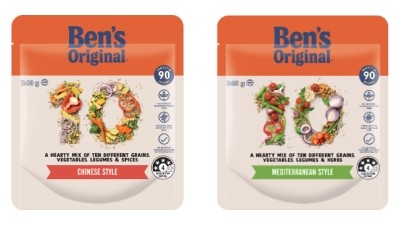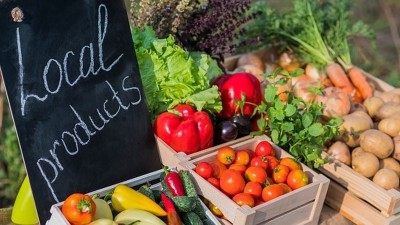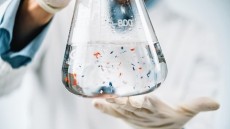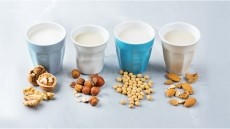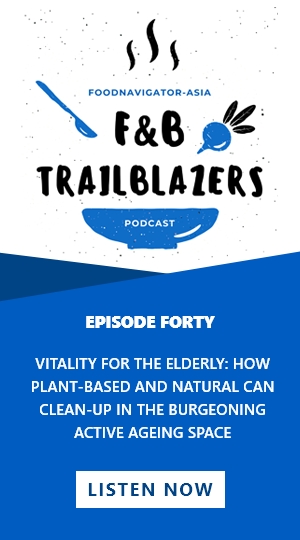Hydration and hemp: Kommunity Brew sees innovation potential in Australia’s healthy beverage space
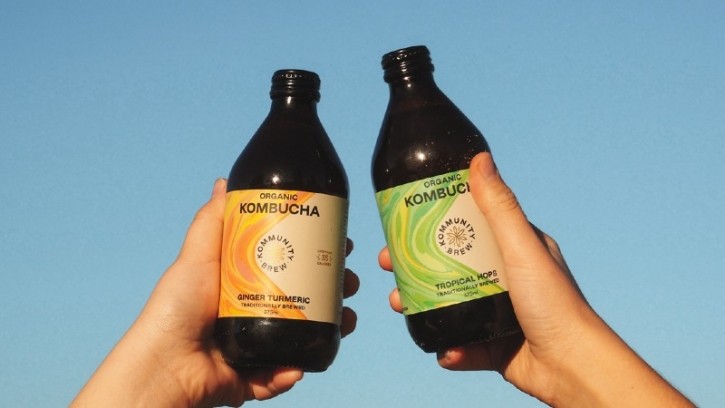
Early this year, the firm entered a partnership with Australian medicinal cannabis company MediCann Health to produce hemp-infused beverages.
Speaking to FoodNavigator-Asia about healthy beverage innovation, Kommunity Brew’s founder and CEO Mason Bagios pointed to the growing interest towards hemp used in a functional beverage, as well as “healthier hydration drinks.”
“The conventional options for hydration are not particularly healthy. They’re usually artificially coloured and/or sweetened. And I think this opens up an opportunity for a natural option there.
“Currently, there’s the natural option of coconut water, but that’s a fairly polarising beverage as not everyone wants to have that. So, I think there’re some more novel ways to address hydration in drinks,” he explained.
Notably, the firm denied any interest to go into the low- to no-alcohol space.
“As far as innovation goes, the innovation to make a beer non-alcoholic has largely been achieved and accomplished,” Bagios explained.
However, the firm is setting sights on innovating in the category of “mature drinks free from alcohol.”
“Across the beverage categories, there’s been an anti- or rather de-sweetening of the palate. Many countries are also introducing legislation against sugar.
“I think there’ll be a shift in the consumer palate as it matures more towards sour beverages like sour beer and kombucha, as well as neutral ones like sparkling waters without sweeteners. These are growing at a more aggressive rate than the traditional sweeter beers and soft drinks.”
Bagios also highlighted the innovative prospects of fermentation in the healthy beverage category: “I definitely think you could make drinks that wouldn’t classically fit in the kombucha or kefir category using the same fermentation method."
Acquisitions roll
That said, this trend is evident in the firm’s recent acquisition of Melbourne-based Cool Cool Beverage Company (CCBC) about a month ago.
“With the CCBC acquisition, we now have a sparkling water play. It uses Australian native botanical ingredients like rye berry and Davidson plum to enhance the flavour profiles. It’s zero sugar and low impact, making it environmentally friendly. The idea is also creating beverages for a bit of a progressive audience.”
Last year, the firm acquired another Australian iced tea and cold brew coffee brand Cold Matter to expand its consumer market beyond the niche kombucha drinkers to cover the younger, millennial crowd.
“[Cold Matter] was also more of a capability expansion. We thought there’s really room to grow gluten-free, plant-based coffee and wanted this positioning in an allergen-friendly market.
“Iced teas are very commonly high in sugar and milk-based, and we wanted to tackle these and still have a delicious-tasting product,” Bagios explained.
Kommunity Brew was founded eight years ago in Perth, Western Australia, providing probiotic and non-alcoholic fermented craft beverages, such as traditional kombucha and botanically infused sparkling probiotic water kefir.
These acquisitions have enabled the firm to expand its operations to Eastern Australia and some overseas markets, and leverage on the existing distributor networks of the acquired firms. CCBC currently exports to Kuwait and Malaysia.
Kommunity Brew is eyeing the closest export markets to Australia, such as South East Asia, due to the firm’s preference to have its team involved in local marketing efforts.

